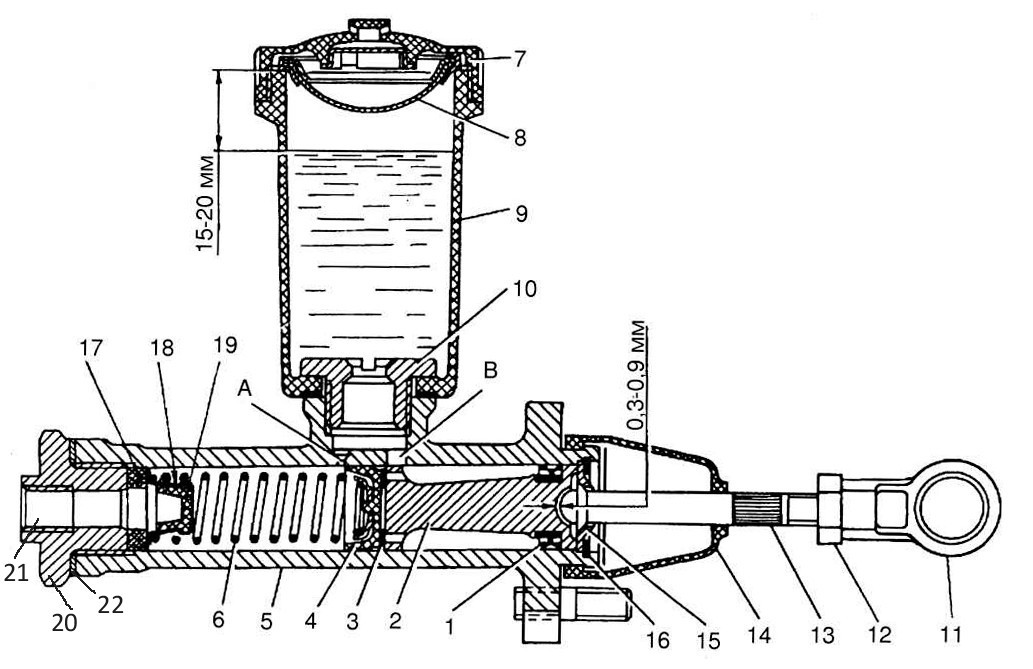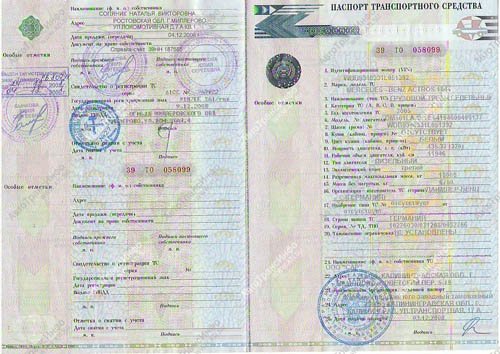
How long does the clutch master cylinder last?
The clutch master cylinder is connected to the clutch slave cylinder through a series of hoses. As soon as you depress the clutch, the brake fluid moves from the clutch master cylinder to the slave cylinder. This applies the necessary pressure to move the clutch. The purpose of the clutch master cylinder is to hold the brake fluid when the clutch is pressed. This way, the brake fluid will always be ready so that your car can run smoothly.
The clutch master cylinder has both internal and external seals to help keep the brake fluid in place. Over time, these seals can wear out or fail. If this happens, brake fluid will drip from the clutch master cylinder, causing the clutch to not work properly. The clutch master cylinder is used every time you depress the clutch pedal, so constant use of the clutch can wear this part out faster.
If there is a seal leak in the clutch master cylinder, you will notice a soft pedal. This means that the pedal has lost resistance when you depress the clutch. Another sign of a leaking clutch master cylinder is frequent low brake fluid levels. If you constantly need to fill the reservoir, you should check the clutch master cylinder. Difficult shifting is a sign that the clutch master cylinder is about to fail. If the master cylinder is completely out of order, the clutch pedal will go all the way to the floor and will not rise back up. If this happens, you will not be able to drive your vehicle and your clutch master cylinder will need to be replaced.
Because the clutch master cylinder can wear, leak, or become damaged over time, it's important to know the symptoms to look out for before it fails completely.
Signs that the clutch master cylinder needs to be replaced include:
- You can't shift gears at all
- Brake fluid is leaking around the clutch pedal
- clutch pedal goes all the way to the floor
- Loud noise heard when pressing clutch pedal
- Your brake fluid level is constantly low
- You have difficulty shifting gears
If you notice any of the above symptoms, you should contact your mechanic to have the clutch master cylinder replaced.
